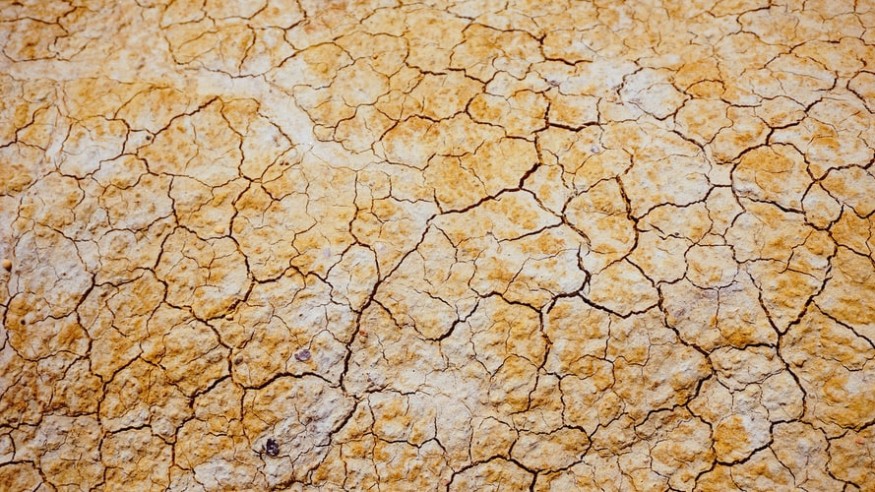A major drought has hit Turkey, and major cities might run out of water in the next few months. But, the country's former capital, Istanbul, may have had it worst than anywhere else. The city has less than 45 days of water left.

Turkey's inadequate rain frequency has been the cause of the country's most severe drought of the recent decade. According to their chamber of chemical engineers, it left 17 million people with critically low water supply levels.
Earlier this month, Ankara mayor, Mansur Yavas, told the public about the emergency, saying that the capital city only had 110 days worth of water in dams and reservoirs.
Aside from the capital Ankara, Turkey's next two biggest cities are struggling with the crisis too. The dams are merely just about 36% and 24% full for Izmir and Bursa, respectively.
Local farmers are at risk of experiencing inevitable crop failure.
Related Article : Man Saved From Deportation Over Reason of Air Pollution
Why is the country experiencing a drought?
With just 1346 cubic meters of water per capita annually, Turkey is one of those what environmentalists call "water-stressed" countries.
Water stress or water scarcity is an environmental crisis that occurs when water demands exceed the available water supply, leading to water restriction and regulation.
Since the 80s, Turkey has faced a significant number of droughts caused by population spikes, large-scale industrialization, unregulated urbanization, and climate change.
According to Dr. Arkgun Illhan, an expert at water management from the Istanbul Policy Center, "Instead of focusing on measures to keep water demand under control, Turkey insists on expanding its water supply through building more dams, the country has built hundreds of dams in the last two decades." "The warning signs have been there for decades, but not much has been done in practice," he added.
The Istanbul Situation
"Everybody knows that water basins must be preserved, especially for these drought episodes, which are becoming more severe and long term," said Dr. Ümit Şahin, who teaches global climate change and environmental politics at Istanbul's Sabancı University.
Many water basins, forests, and agricultural lands in Istanbul have been developed into more urban projects. The projects might have brought an urbanized sector in the community, but it has also worsened its water management problem.
Turkey has since prioritized economic development growth while paying minimal attention to environmental issues.
The Istanbul opposition party argued that water shortage would not have been a problem if the dams were utilized to their full potential.
Different localities are left on their own devices to work with their citizens in looking for ways to combat or mitigate the water crisis.
They are digging boreholes, recycling wastewaters, fixing leakages, and minimizing loss, hoping that the supplies will last long enough until everything starts getting better.
Efforts had to be exhausted in solving this crisis as droughts are economic problems as much as they are environmental.
The phenomena cause a cycle of systemic deterioration that creates a domino effect. Decreased agricultural production and increased food prices could lead to a rise in poverty and rural to urban migration, exacerbating existing pressures on city water infrastructure.
ALSO READ : The Diminishing California ‘Fossil Water'
Read also: environment
© 2026 NatureWorldNews.com All rights reserved. Do not reproduce without permission.





